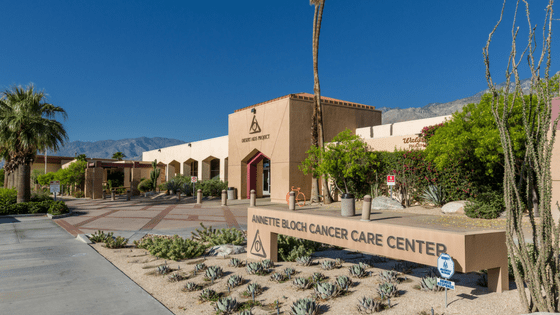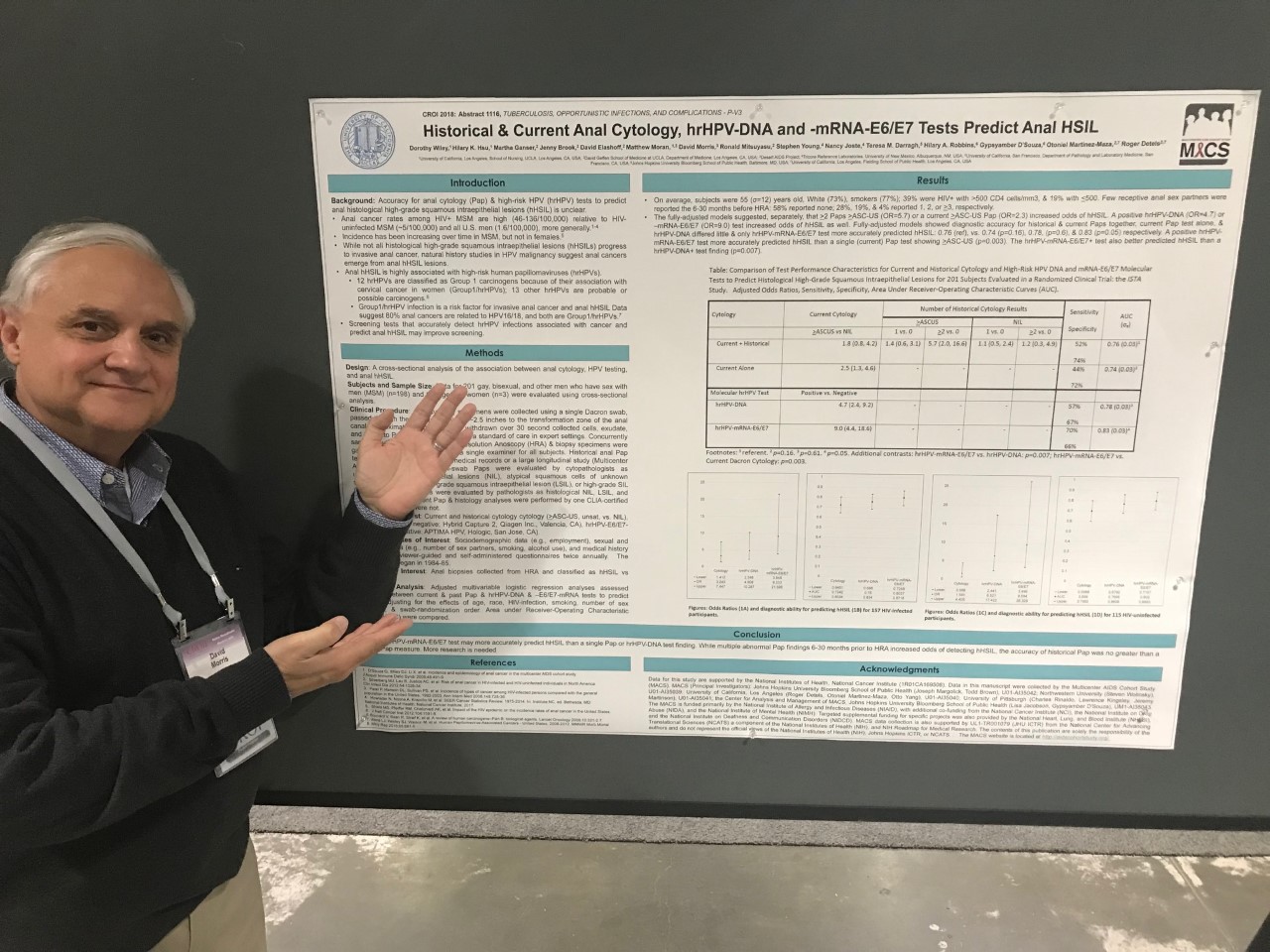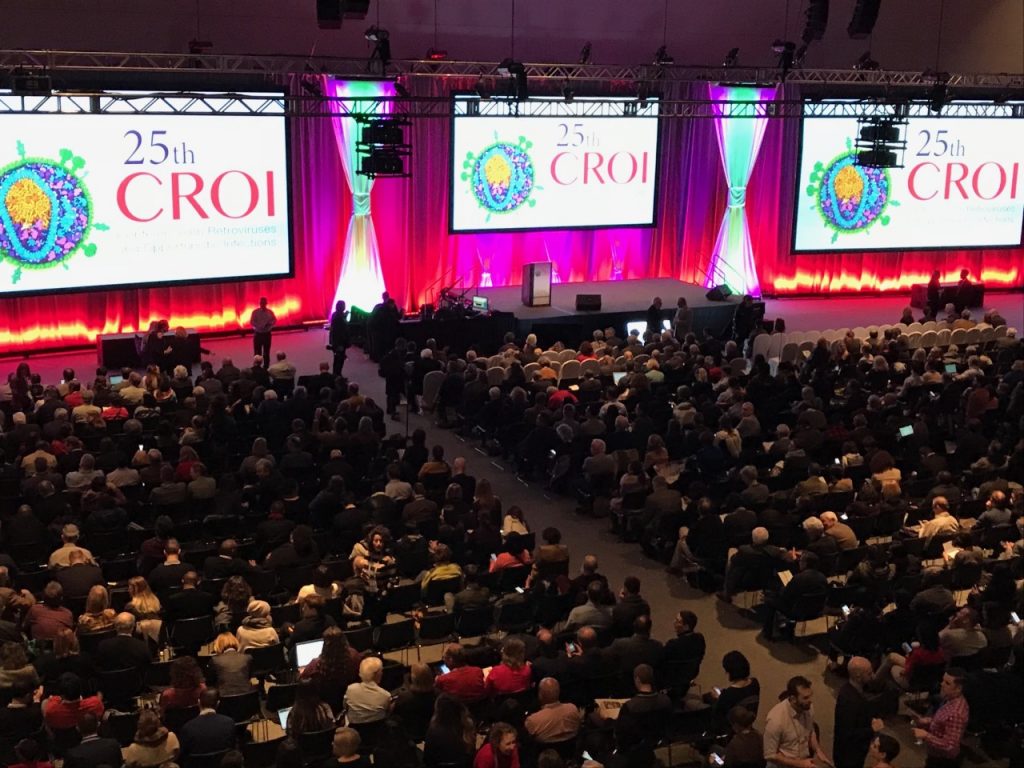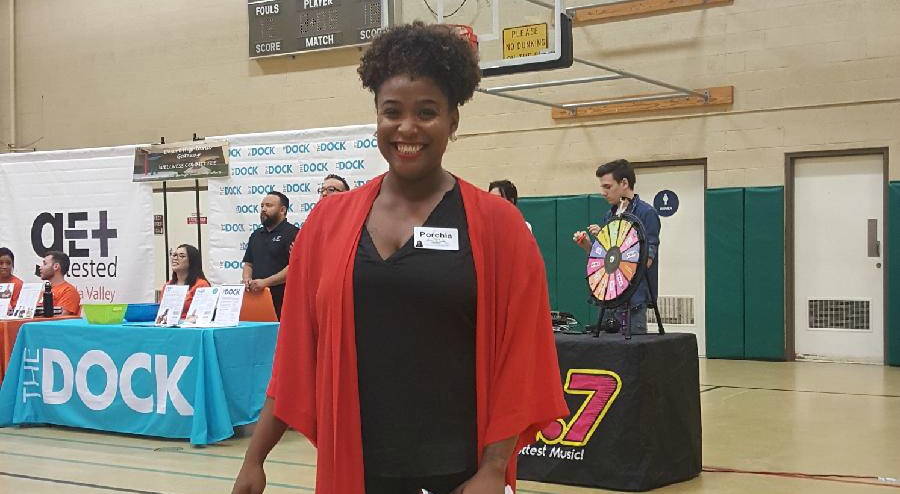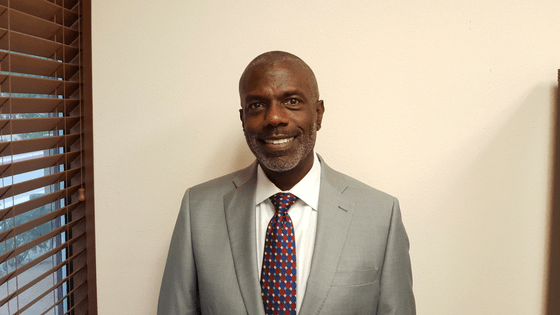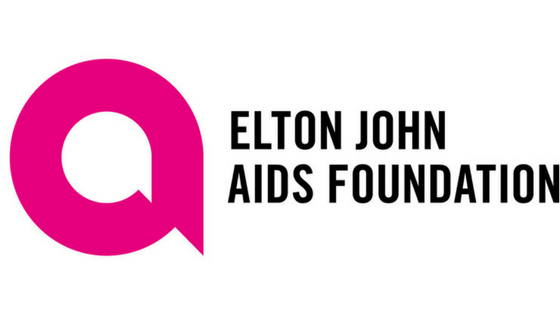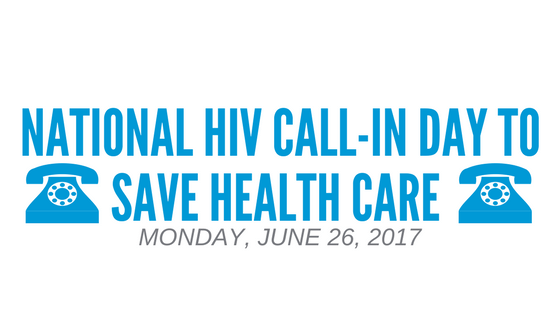CEO David Brinkman takes a stand to combat stigma towards the recovery community and re-affirms D.A.P.’s commitment to breaking down the barriers stigma creates for many struggling with addiction in our community.
We are dedicated to helping you live your best life by offering expert care.









